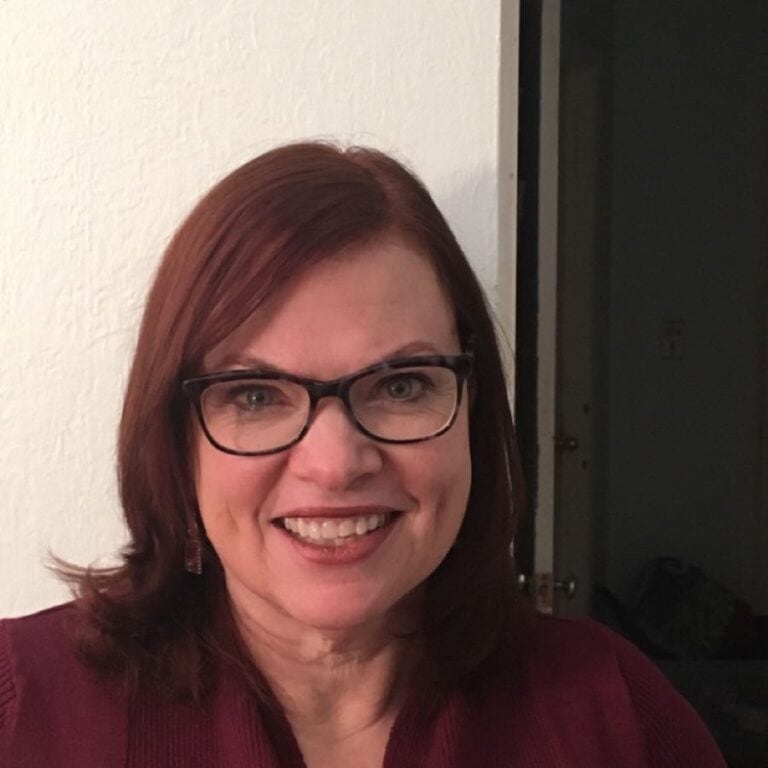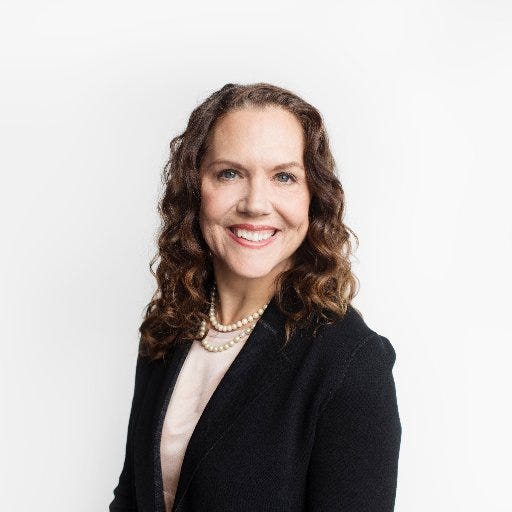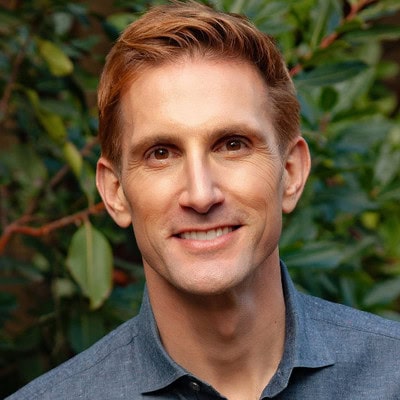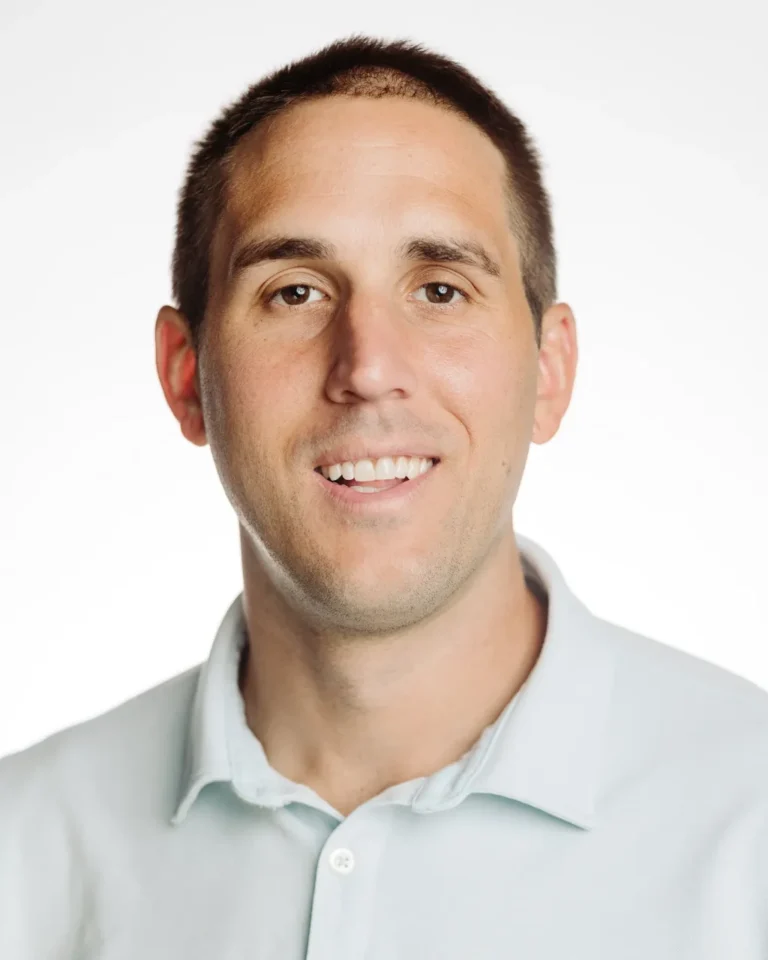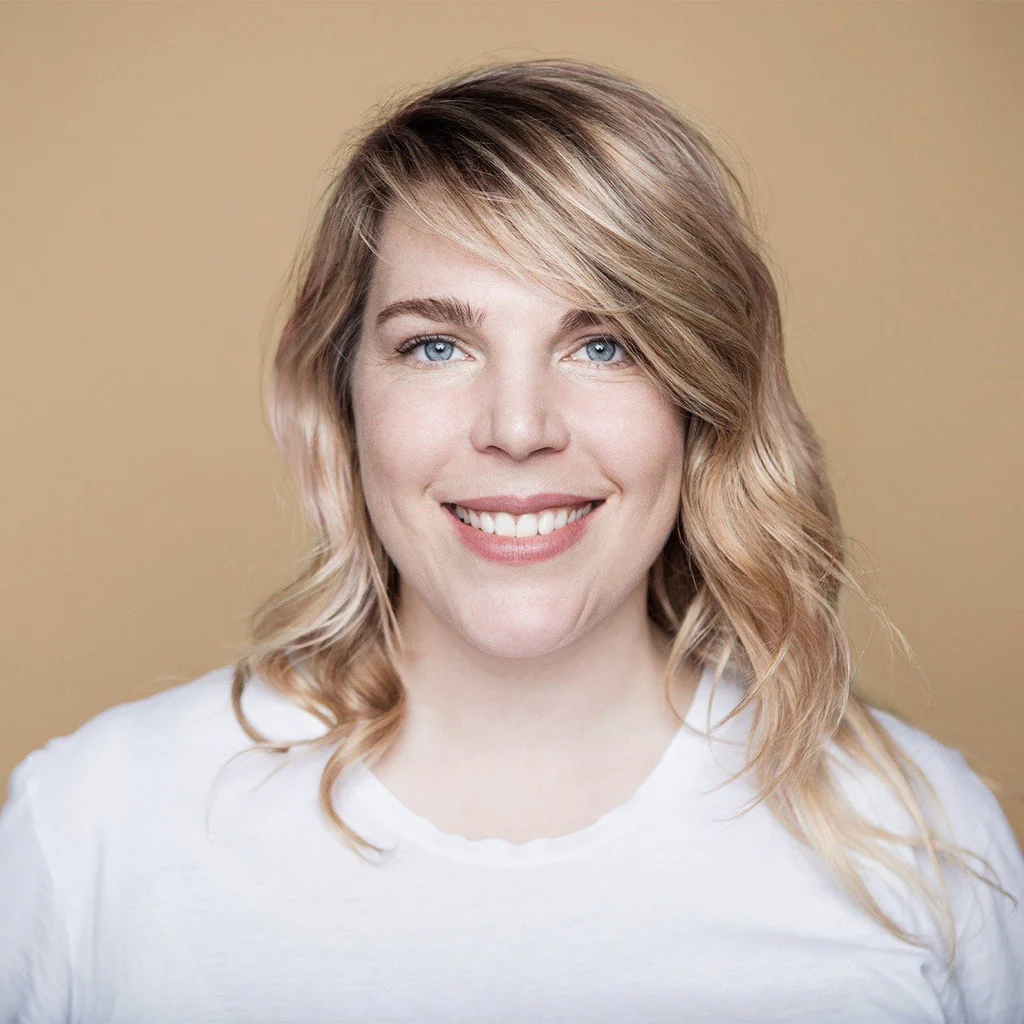
October 17, 2020
Franziska Leonhardt, Co-founder, AVE + EDAM
In this Startup Stories episode of the Reboot Chronicles, I talked with Franziska Leonhardt, co-founder of AVE + EDAM, an award-winning company based in Berlin, that offers tech-enabled personalized products. As you may have guessed, the company’s name is a play on Adam and Eve and was founded in Silicon Valley at Stanford University, on the principles of influencing change in the beauty industry.
Levels of Personalization
Personalization of beauty products and experiences are increasing in popularity. A recent survey found that eight in ten consumers stated they had purchased personalized skincare products, with 35% spending around $100 on customized products. With that, is personalization here to stay—or is it a fad? Looking at the past, Franziska notes that products started off being highly personalized, as they were developed from the pharmacy, but were not available to everyone for price reasons. She believes personalization will grow, and could become a standard across many categories, if it can be developed and delivered at affordable costs.
However, given mass-scale issues, I do not see the big brands moving quickly to introduce custom formulations. To unpack the real trend, it is important to understand two different levels of personalization: SKU level personalization and formula level personalization.
SKU Level Personalization: Using AI/selfie skin data and analysis, brands and retailers recommend specifically targeted products—potentially narrowing a consumer online or instore search from 50 to five SKU’s.
Formula Level Personalization: Using the same AI/selfie skin and data analysis, brands offer custom-formulated products targeted to a person’s specific profile data.
Personalized customer journeys and product/service choices can be achieved by partnering with AI solutions providers like Revieve.
Female Entrepreneur Challenges are Real
Starting a company, in what industry experts call “The Beauty Jungle,” has been a huge challenge for Franziska—especially when it came to differentiating herself and brand. In the beginning, she had her hands full with all the startup challenges entrepreneurs face, while being a single mom. She experienced fundraising issue with European investors, who saw her as a single mother rather than an entrepreneur. Given the strong women in tech movement in America, especially in Chicago with programs like WiSTEM at 1871 where I mentor CEO’s, she eventually found supportive U.S. investors.
It’s a remarkable story that is still evolving, and Franziska’s passion and determination is contagious.







